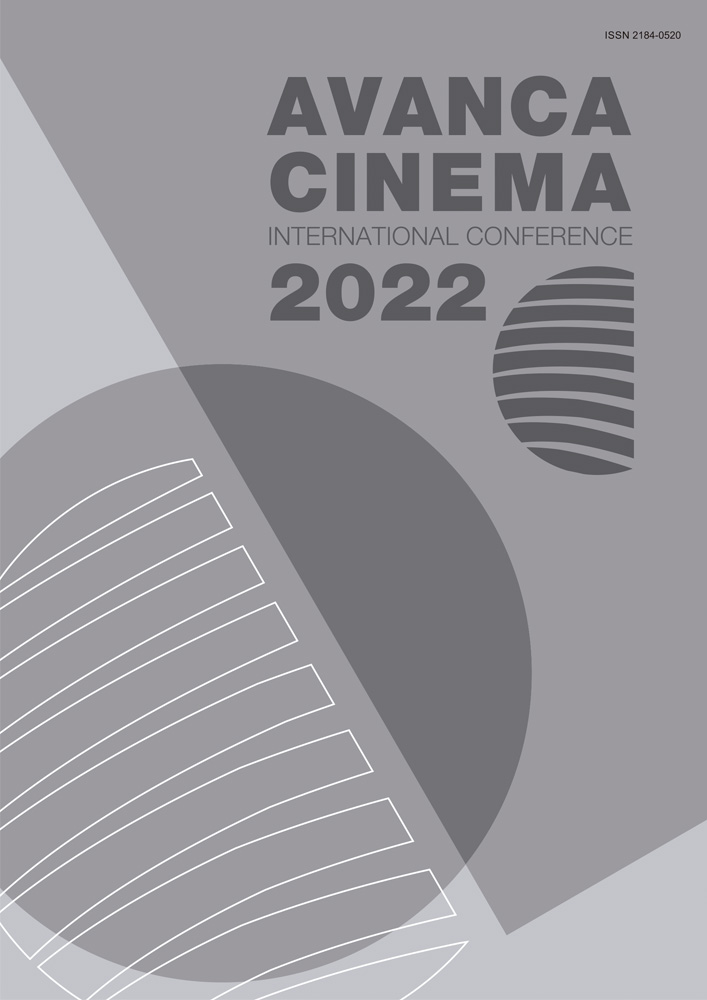Chapter III _ Cinema - Communication
The edge of biographies: the trajectories of Petra Costa and Leni Riefenstahl
Abstract
The article will discuss the trajectories of young women filmmakers who, with access to the backstage of power, made films about important events in the histories of Germany and Brazil.
In 1935 Leni Riefenstahl launches The Triumph of the Will, using her proximity to Nazi leaders and Hitler himself. The same ones who deliver inflammatory speeches captured by the filmmaker applying innovative techniques that made her a reference in the world of cinema. But the World War II provoked a career turn for Riefenstahl, who later tries to hide his involvement with Nazism.
In 2020 The Edge of Democracy is nominated for an Oscar for best documentary. The proximity of director Petra Costa to power also helped to highlight her film among others made about the impeachment process of Dilma Rousseff, who gives exclusive testimonies and is captured at intimacy moments by Petra. Intertwining the history of corruption of the construction companies that prospered during the military dictatorship in Brazil with recent events, Petra (granddaughter of a contractor) portrays the growing abyss that divides the country putting its democracy in jeopardy. The title of the film is prophetic, considering events that happened during the Bolsonaro government, which benefited from Dilma’s impeachment.
Based on texts by Susan Sontag (Under the Sign of Saturn) and on articles from the Brazilian magazines Veja and Piauí, I will analyze the relationship of the filmmakers with their films and their times. Demonstrating that, despite having opposed political ideologies, their trajectories have several points of mirroring.

This work is licensed under a Creative Commons Attribution 4.0 International License.

